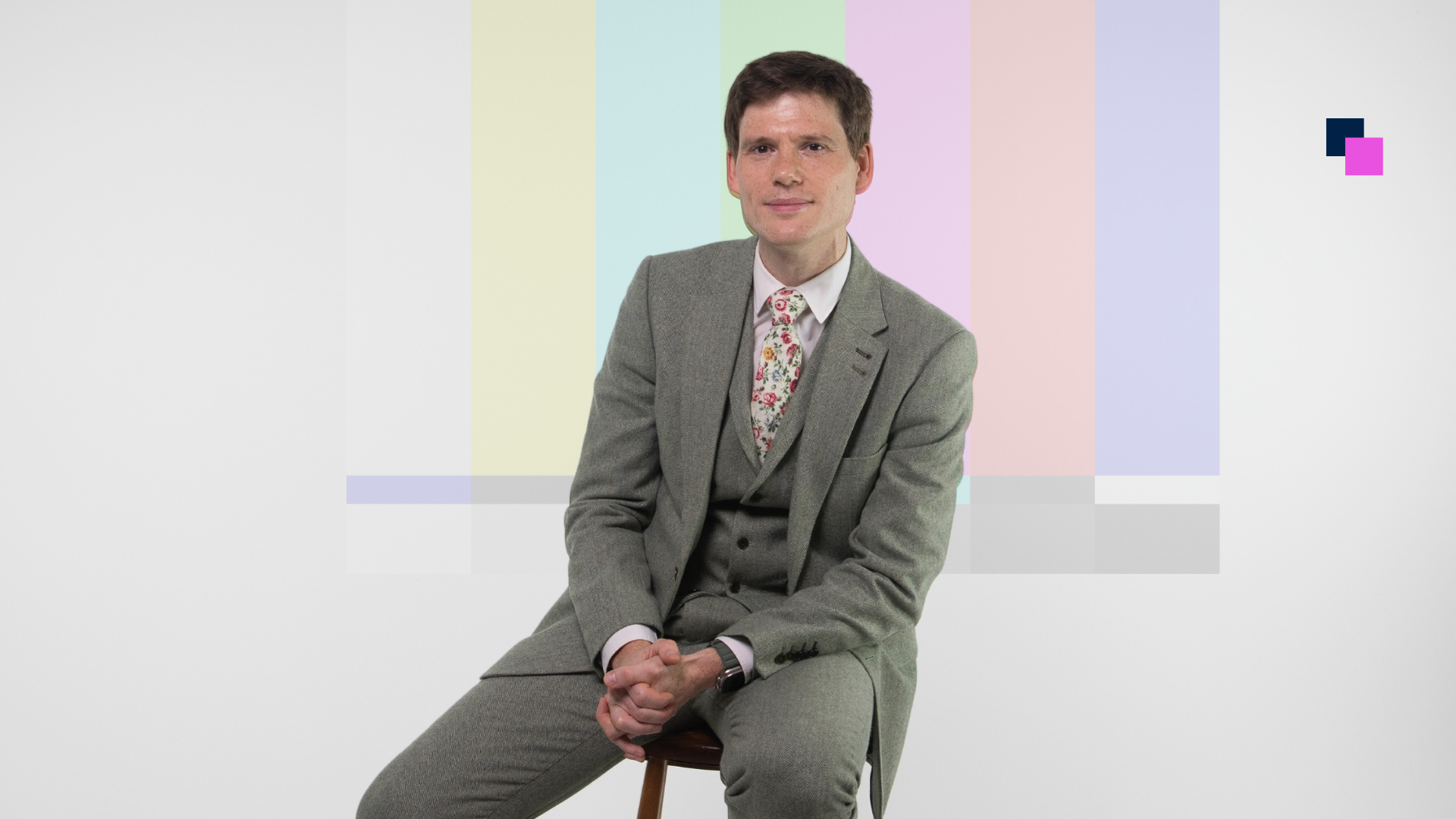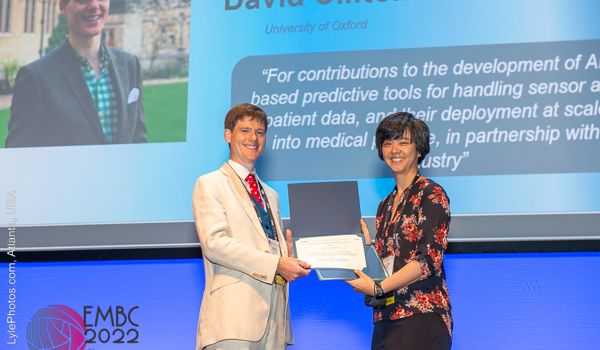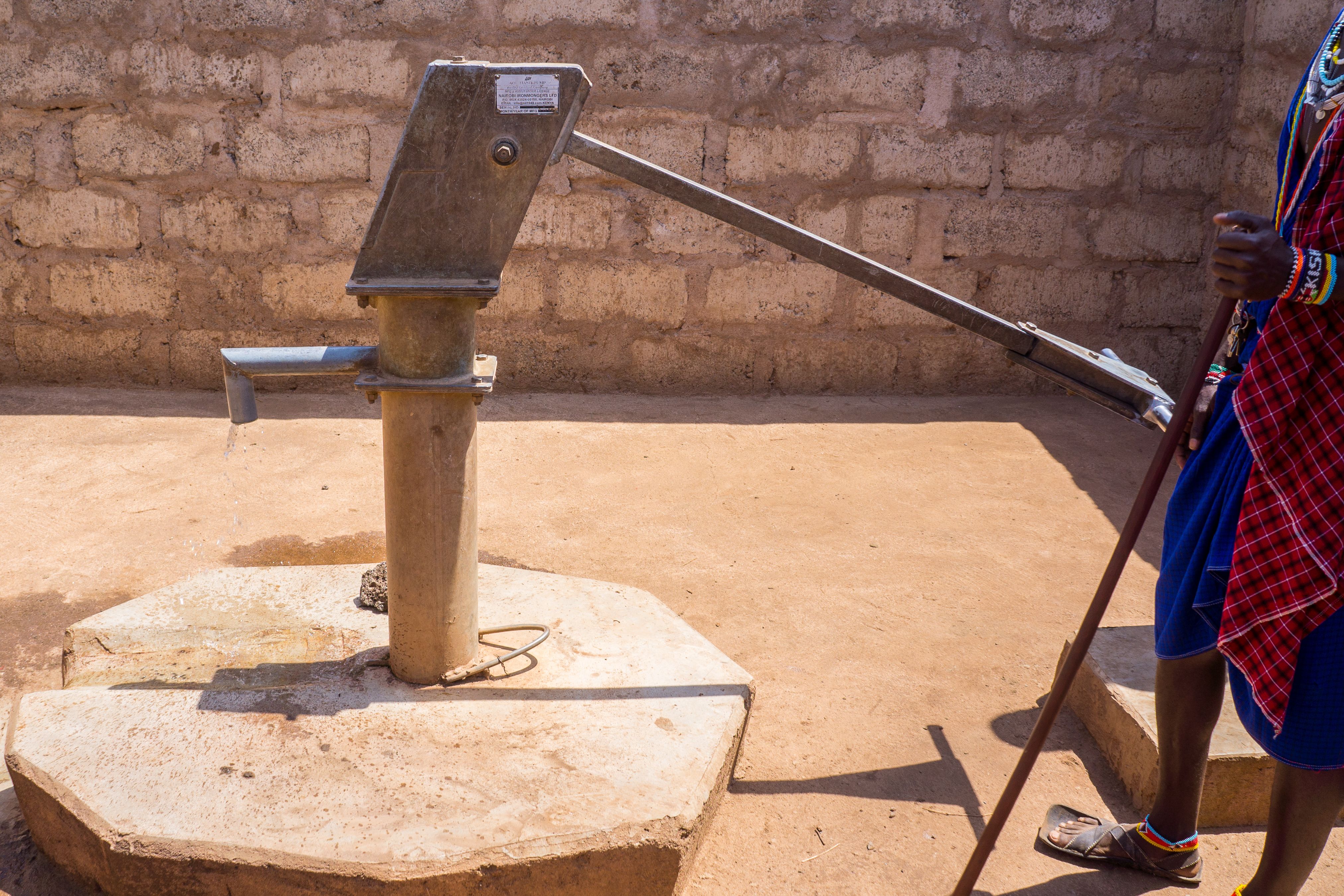Transforming health services with the power of AI.

It is not the sort of thing you expect an Oxford Professor to say.
But David Clifton, the Royal Academy of Engineering Chair of Clinical Machine Learning and NIHR Research Professor, insists, ‘I still think Robocop is the best film ever.’
He adds, ‘It was my first exposure to AI as “the bad guy”… the huge prototype robot with arm-mounted cannons erroneously obliterates a human “assailant” in a hail of late 1980s special effects… I didn’t sleep for a week. It instilled the idea in me that the direction of technological progress can decide our future – for better or worse.’
In no doubt about the power of ideas, the young David was already a science fiction fan by his teens: ‘Writers such as Isaac Asimov and Arthur C. Clarke portrayed all these “alternative realities” that were glimpses of a future – maybe ours.’
These sci-fi visions of “brave new worlds” ultimately led the formerly ‘one-track mathematician’, to study engineering and mathematics at university.
‘It was clear that AI was applying mathematics in very exciting ways to open up those new potential futures. At the same time, I was also driven to see technology used to improve society’
As leader of the Computational Health Informatics (CHI) Lab, the vision that Professor Clifton’s research is working towards is one where healthcare has been transformed by AI to become data-driven, personalised, and hyper-efficient.
With his group, he is investigating how AI-based systems can be developed to improve the understanding and treatment of complex diseases; fight outbreaks of new infections; and provide care for millions of elderly people in their homes.
‘The kind of AI my team specialises in are things such as large language models for medicine, using sensor data (from devices like wearables), genetic data, hospital records, and so on.’
‘Anything that’s not an image, basically – there’s a lot of great people that already do imaging, particularly here at Oxford.’
As one example, his group recently created “DrugGPT”: a system to aid clinicians to make more accurate recommendations for using medicines, without the errors of non-specialist models trained on huge amounts of general text, as occurs with models like ChatGPT.
Professor Clifton describes how large language models such as DrugGPT could support clinicians
‘If you are a doctor, it is really hard to stay on top of the ever-changing guidance, the results of clinical trials, and the millions of scientific papers being published every year.’
‘With DrugGPT, the system will produce advice for a clinician concerning which drugs would be appropriate for the patient sitting in front of them, and flag any potential adverse reactions.’
‘Crucially, it also cites the evidence (from the NHS and other sources) that it used to come to that decision, so that an informed clinician can then check those sources for themselves.’
‘Healthcare has a relatively controlled vocabulary, and so we can exploit that by building safe AI systems that have lower error rates than humans when it comes to, for example, trying to identify safe combinations of drugs to prescribe to a patient.’
For his doctorate in Information Engineering at Oxford's Department of Engineering Science, Professor Clifton created machine learning methods to monitor and predict the health of real-world systems.
This resulted in patented technology for monitoring jet engines on the Eurofighter, Airbus A380, and Boeing 787 Dreamliner.
Although his focus soon moved to medical AI, working in close partnership with industry has remained a key theme throughout all his research.

Professor Clifton was awarded the IEEE “Early Career Award” in 2022 for the development of AI-based predictive tools.
Professor Clifton was awarded the IEEE “Early Career Award” in 2022 for the development of AI-based predictive tools.
‘Scientists don’t get new technologies into hospitals at national scale – companies do. What sets the University of Oxford apart is that it really understands this and how researchers can partner with industry to make a positive impact in society.’
Professor Clifton continues, ‘It is why I have never been able to escape the place – all the stars are in alignment here, so to speak, in terms of collaborators, data, and industry.’
‘First you have the very close partnership between the academic team and Oxford University Hospitals. This enables us to collaborate with clinicians who can help us gain ethical access to the enormous medical datasets we need to develop new technologies.’
‘We can prototype new tools directly within clinical settings, to ensure they meet clinical needs and demonstrate that they work.’
‘The excellent support provided from Oxford University Innovation then enables us to patent new applications, find industry partners, commercialise technologies, and form spin-out companies.
He says, ‘These steps are critical to take these tools out of the lab so that they can be deployed more widely. The goal is to make a difference with the science.’
‘Three key ingredients make Oxford a world-leader place for medical AI: a very strong AI research community; the links with clinical partners through Oxford University Hospitals; and the excellent support for technology transfer from Oxford University Innovation.’
The dual focus of Professor Clifton’s research – developing new AI methods and improving medical care – is reflected in two new appointments in December 2022: as the Royal Academy of Engineering Chair in Clinical Machine Learning, and National Institute for Health and Care Research (NIHR) Research Professor.
‘Together, these roles represent both halves of my research life. The Royal Academy of Engineering is the national academy for our discipline, and their goal is ensuring that the UK maintains its competitive advantages in all branches of technology, including AI.’
‘The NIHR, on the other hand, is the research branch of the NHS whose concern is to improve medical care, focused on the needs of patients and the public. I am the first non-medic to be awarded an NIHR Chair position, and I am determined to use it to help the NHS.’
In particular, Professor Clifton believes developing AI-based technologies using the rich datasets within the NHS could have transformative potential.
‘I think that, over the next year or so, we are going to see really exciting advances in foundational models (such as large language models) that can work with all kinds of data and do things far beyond what we could even imagine doing a couple of years ago.’
‘We have millions and millions of patients’ worth of blood tests, all sorts of health records from family doctors and hospital doctors, increasing amounts of genomics, and growing amounts of data from wearables. This offers a way of providing a step-change in patient care – which is a UK priority, and a pressing global need.’
‘With my background in engineering, I look at the healthcare system in a top-down way. AI technologies could achieve immediate impact by reducing costs, helping you do more with the resources that you have, and optimising with clinicians how care is provided.’
‘Much of how we deliver care is reactive, while most industries have used AI to switch to a predictive way of getting things prepared so that they’re immediately ready when they’re needed.’
For most, improving the UK healthcare system would be enough of a challenge, but Professor Clifton’s ambitions are much wider.
‘It is very important to me personally to see AI technologies being used to improve healthcare in low-income countries.’
‘At the CHI Lab, we are really fortunate to have a formal connection through our Wellcome Trust centre to the Oxford University Clinical Research Unit in Ho Chi Minh City in Vietnam.’

Oxford University Clinical Research Unit (OUCRU), Ho Chi Minh City
Oxford University Clinical Research Unit (OUCRU), Ho Chi Minh City
‘This links us to an excellent team of 300 researchers based in that country, who understand the diseases and the patient populations there, and the limitations that make it difficult for their health system to emulate those of Western countries.’
‘In these contexts, AI technologies offer great potential to provide new models of care which demand fewer resources. For instance, if expensive monitoring equipment is unfeasible, can we use wearable sensors and AI technologies instead?’
‘These interactions also directly benefit the UK. For instance, many emerging diseases are first detected in low-income countries - before they become prevalent worldwide.’
‘Through our partnerships, we are building tools to detect and monitor these, so that the technology is available to help manage the disease before it becomes a concern in the UK. We never again want to be unprepared for a future pandemic.’
‘That is what really drives me – using the power of AI to benefit societies immediately, not in the distant future.’
These partnerships have also enabled Professor Clifton to achieve impact beyond the health sector.
‘A research project of which I am very proud is a collaboration with Oxford’s School of Geography, that created FundiFix, a Kenyan social enterprise that provides repair and maintenance services for rural water handpumps.’

Rural water handpump, Kenya
Rural water handpump, Kenya
‘We developed an AI-driven system that automatically predicts when hand pumps are about to fail. It is very simple but elegant - we put the internal parts of a mobile phone into the handle of the pump and this transmits data to the Cloud.’
‘AI algorithms use the data to forecast when the pump will fail, so FundiFix’s mechanics can fix it before this happens, keeping the water flowing to the rural village.’
‘For villages where these hand pumps may be the only safe water source for miles, this preventative maintenance has an enormous impact.’
For someone whose work is heavily based on technology, Professor Clifton’s leisure time is surprisingly screen-free – given his early love of sci-fi cinema.
‘One of my chief leisure activities is being beaten at board games by my two sons and serving as the “Dungeon Master” for family Dungeons & Dragons campaigns’.

‘Almost 100% of my children’s classmates play D&D, and so we geeks are definitely taking over. I’m also very analogue in my creative processes and much prefer to use pen and ink than a keyboard – look for me drawing irreverent cartoons at the next AI conference.’
‘For me, the slowness of manual writing helps to formulate ideas, which is a critical part of my research.’
‘I’m not going to be writing the next Isaac Asimov novel any time soon, but I’m still rewatching Robocop every chance I get.’
More #OxfordAI experts


